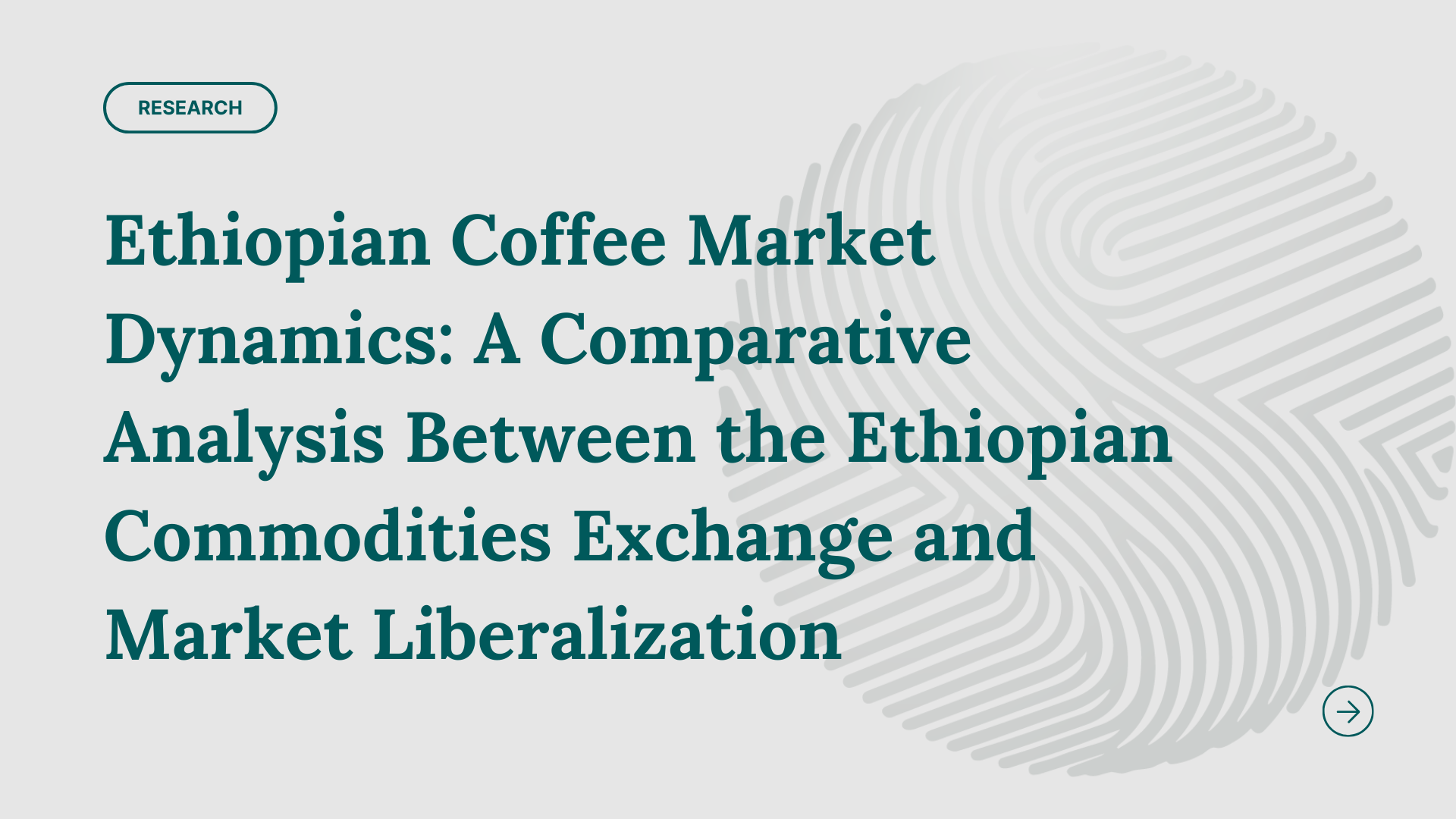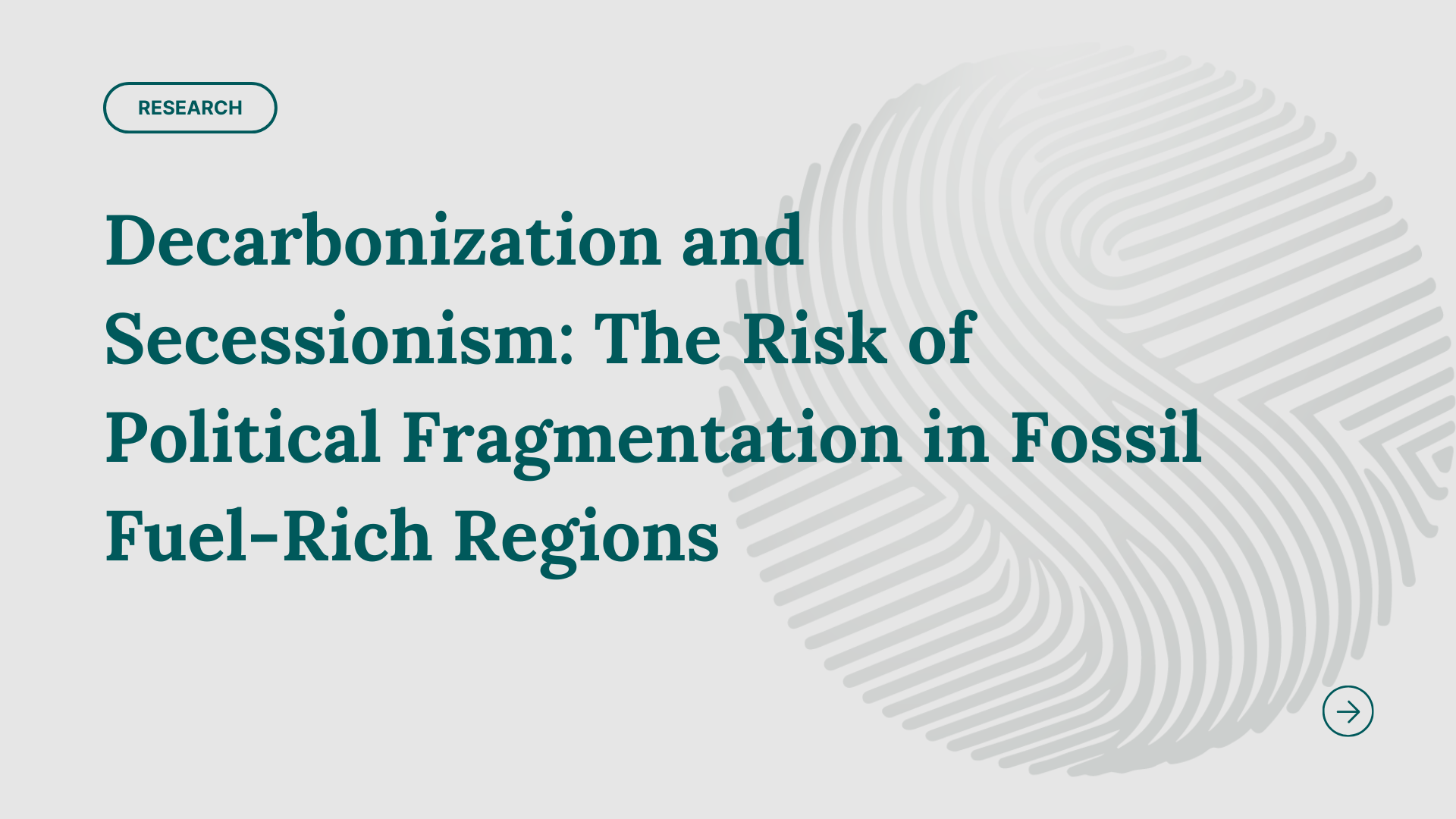Abstract
The global decarbonization agenda poses significant risks to political stability in fossil fuel-dependent regions, where declining oil revenues threaten existing elite agreements and economic structures. This paper examines whether the loss of fossil fuel rents increases the likelihood of secessionist movements in resource-rich subnational regions, such as Alberta (Canada), Basra (Iraq), and Dagestan (Russia). Through a mixed-methods approach combining historical comparative analysis, political discourse analysis, and quantitative economic modeling, the study assesses how regional grievances, elite bargaining, and public sentiment shift in response to decarbonization policies. Results suggest that regions with centralized governance and low economic diversification exhibit higher risks of political fragmentation. The study contributes to the understanding of energy transitions as geopolitical disruptors and offers policy recommendations for mitigating secessionist pressures in transitioning economies.
Author: Brianna Dickey (2025)
This is a working paper by the Stratum Institute for Global Action. Interested in contributing? Contact us!


